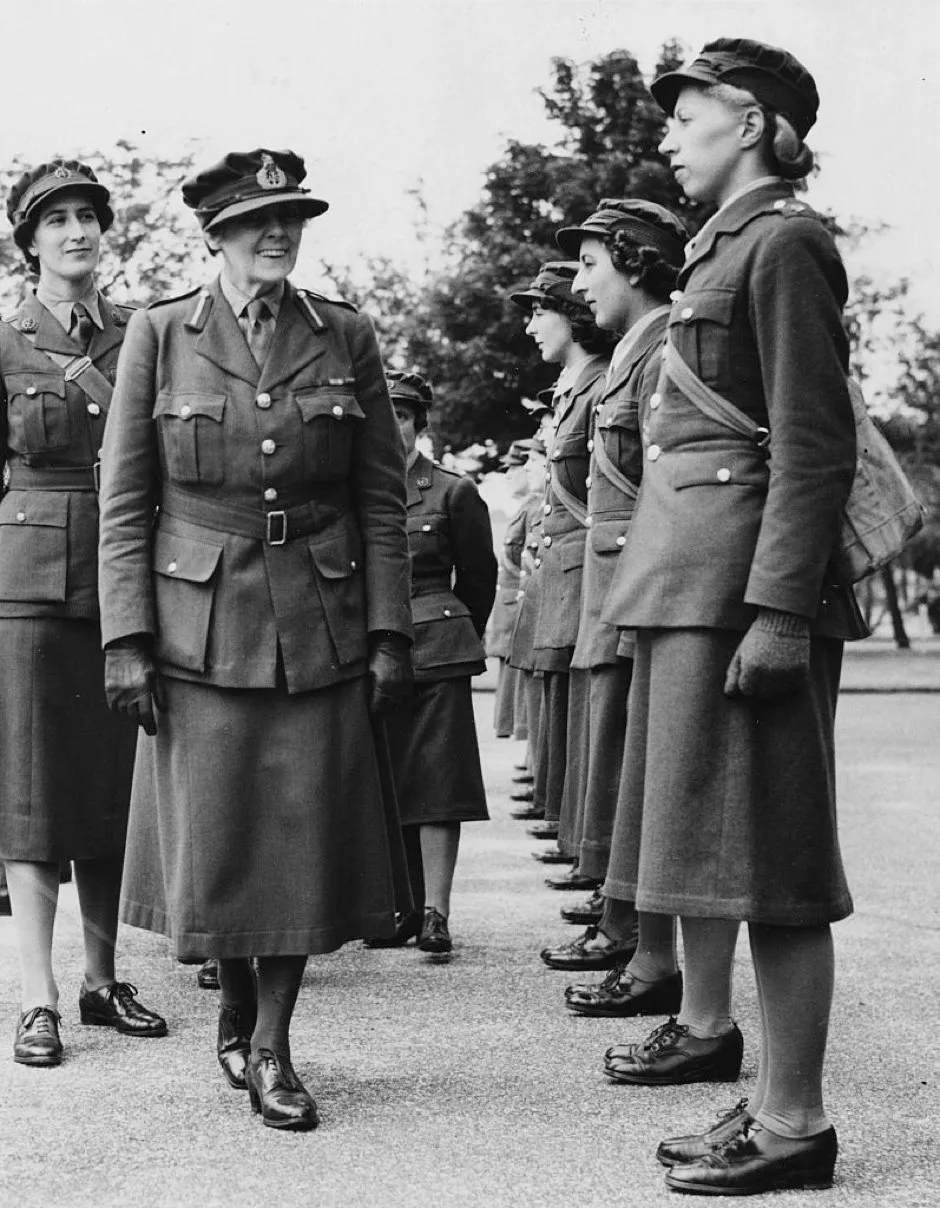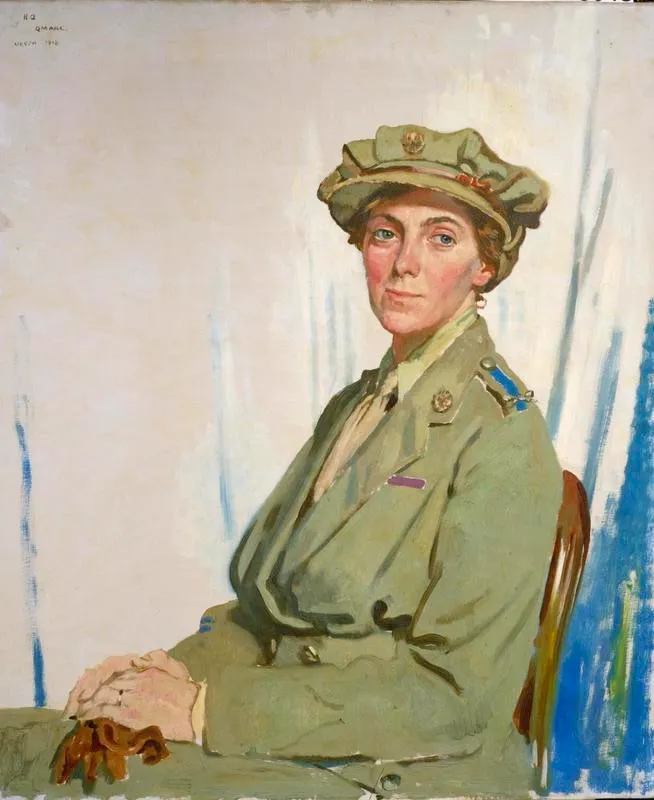Exactly a hundred years ago, a new law made it illegal to ban women from applying for positions that had traditionally been reserved for men. At first, female scientists were delighted – but they soon discovered that having the legal right to a job is very different from actually getting one. They wanted true parity, not just equality under the law: men dominated all the professions, and women were routinely paid two-thirds of a man’s salary for doing the same work.
During the hundred years since then, a great deal of additional legislation has been put in place to guarantee female scientists equal pay for equal work. Yet despite that, the statistics reveal glaring disparities. Bias may now be unconscious, but apparently it survives alongside some deliberate but covert discrimination.
One way of improving the future is to learn how we reached the present from the past. That is why I decided to write A Lab of One’s Own, a book about the extraordinary women who practised as scientists, engineers and doctors during the first decades of the 20th Century. As a physics student at Oxford, I had learnt what it feels like to be the butt of marginalisation and contempt; decades later, I am determined to help ensure that the undergraduates I now teach can embark on their careers with confidence.
Read more about women in science:
- Ladies who launch: the women behind the Apollo Program
- 10 amazing women in science history you really should know about
- Why aren't there more women in science?
The more fully we understand why women do not enjoy equality, the more likely we are to ensure that it is achieved. When I was carrying out my research, I empathised in particular with Helen Gwynne-Vaughan (1879-1967), a botanist who had a very different background from mine, but exemplifies the problems of identity with which I struggled and that still confront female scientists today.
At various stages in her life, Gwynne-Vaughan played contrasting roles. Originally a wealthy aristocrat, during the First World War she headed the Women’s Auxiliary Army Corps (WAAC) in France, but she spent most of her career as a university academic renowned for her study of fungi genetics. In all three situations, she felt out of place and knew that she was regarded as an oddity; she was a victim of the prevalent opinion that you can be either a normal woman or a good scientist, but not both.
Born into a prestigious family, Gwynne-Vaughan endured a whirl of balls, travel and tea-parties until she was almost 21, when she eventually persuaded her family to let her enter King’s College, London. Banned from studying the unladylike subject of zoology, she graduated in botany and soon secured a post at the all-women Royal Holloway College just outside London. In this close-knit academic community, she alienated female colleagues by dressing glamorously and using the social skills she had acquired in her previous life to charm visiting male professors. Moving next to Nottingham University and finally to London’s Birkbeck College, she gained a reputation for being aloof, aggressive and determined to further her own career – in other words, behaving like a man who wanted to succeed.

At the start of the First World War, women were deemed unsuitable for action at the front or overseas: their role was to keep the home fires burning while the men took care of the action. But in 1917, the War Office acknowledged their potential value and began recruiting for the WAAC with the catchy if patronising slogan that ‘Every fit woman can release a fit man.’ While soldiers did the important work, women could take over the menial tasks of cooking, cleaning and administration.
Unexpectedly appointed WAAC Controller in France, Gwynne-Vaughan had to negotiate the ground-rules of this brand new position. Crossing the Channel on a misty March day, she felt she passed ‘through dissolution into a new and different world. How different I did not at first realise.’ Her first step was to design a suitably demure uniform: no breast-pockets, a skirt ending 12 inches above the ground, and a cap with a little veil at the back.
Listen to Caroline Criado Perez, winner of the 2019 Royal Society Science Book Prize explain the gender data gap and how it causes everything from mild inconvenience to potential fatality.
A stickler for detail, she successfully instilled strict military codes of conduct, but that thoroughness made her life more difficult. Much of her time was spent trying to convince hostile officers that her female troops were capable of hard work, should be allowed to salute and were not there to enjoy sex with the residents. She found the standard macho joke particularly annoying: ‘Would you rather have a slap in the eye or a waac on the knee?’ On the other hand, she accepted a ban on after-lunch cigarettes because ‘Women in uniform, above all others, should avoid the suggestion of mannish behaviour.’
In 1919, after a brief spell running the Women’s Royal Air Force, Gwynne-Vaughan resumed her pre-War job as Head of Department at Birkbeck, an evening college that then included many former servicemen among its undergraduates. Favouring a masculine outfit of white shirt and dark tie, she ran her laboratory efficiently, drawing in eminent botanists to give her students access to experts in their field as well as first-class experimental facilities.
But her exacting standards and lack of patience made her unpopular with students, while her staff resented her micro-managing supervision and obsessive concern for order. Although she received several academic and national honours, Gwynne-Vaughan was gradually eased off university committees. Her splendid career slowly fizzled out until she spent her last years in lonely isolation.

Gwynne-Vaughan was an exceptional woman, distinguished as a scientist and a public figure who remained active until a few years before her death. She complained bitterly that she had been unfairly prevented from achieving even greater success, but it is hard to know if she was unreasonably uncooperative or just unusually conscientious.
Although she did transgress accepted norms of politeness for women, she was employed in roles that demanded masculine capabilities. While men in charge are admired for being authoritative, it can still happen that a woman who behaves in the same way can be condemned as authoritarian: bossy remains a gender-laden word!
Almost alone in her generation, as a prominent academic and a military officer Gwynne-Vaughan ventured into two male-dominated territories and in each one she fought her way to the top. Women, as well as men, resented her success – the life of a pioneer is inevitably hard, and she suffered.
Her experiences raise questions that unfortunately are still relevant for modern female scientists. Was she a cantankerous disciplinarian, or should she be celebrated for showing that a woman can run an organisation as effectively as a man? When women take over positions traditionally reserved for men, should they abandon all the stereotypically feminine characteristics of womanhood? And as a female doctor put it in 1929, is there ‘still useful work for separate organisations – political or professional – of men and women?’
A Lab of One's Own: Science and Suffrage in the First World War by Patricia Fara is available now (£18.99, OUP)